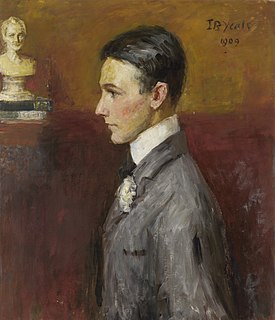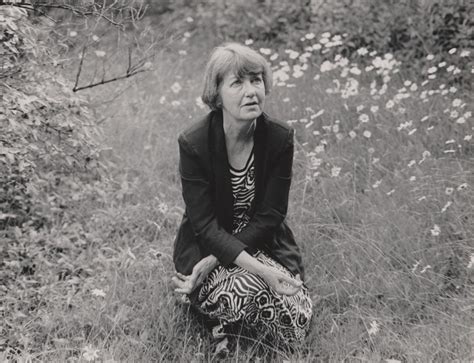A Quote by E. B. White
My prose style at this time was a stomach-twisting blend of the Bible, Carl Sandburg, H.L. Mencken, Jeffrey Farnol, Christopher Morley, Samuel Pepys, and Franklin Pierce Adams imitating Samuel Pepys. I was quite apt to throw in a "bless the mark" at any spot, and to begin a sentence with "Lord" comma.
Related Quotes
Margaret Cavendish was one of the people who came up in the course. That was when I started thinking about her as a character for a book, but my idea was for a totally different book. It had all these characters in it; Samuel Pepys was one of the main characters. He famously wrote these extensive diaries through the period that are really funny and sort of saucy, actually.
His brother maintained that what sent people backing away was neither his size nor his mother's blood, but solely the expression on his face. To test Samuel's theory, Charles had tried smiling - and then solemnly reported to Samuel that he had been mistaken. When Charles smiled, he told Samuel, people just ran faster.
I spent a lot of time studying our Founders and people like Samuel Adams and the original Tea Party. What Adams and the Sons of Liberty did in Boston was spread the word about the abuses of the British. They had Committees of Correspondence that got the word out to the colonies. We need Committees of Correspondence now, and we are getting them.
Samuel! Are you alright?" A vision of Samuel being brained by the falling bars rose up before Simon's eyes. Samuel's voice rose to a scream. "GO AWAY!" Simon looked sideways at Jace. "I think he means it." Jace shook his blond head in exasperation. "You had to make a crazy jail friend, didn't you? You couldn't just count ceiling tiles or tame a pet mouse like normal prisoners do?
Long before the idea of a writer's conference was a glimmer in anyone's eye, writers learned by reading the work of their predecessors. They studied meter with Ovid, plot construction with Homer, comedy with Aristophanes; they honed their prose style by absorbing the lucid sentences of Montaigne and Samuel Johnson.
I had, in college, a professor called Walter Jackson Bate, and he taught a course called The Age of Johnson. It's about Samuel Johnson and his period, 18th-century British writing. So we all got to endure Samuel Johnson, and Boswell's 'Life of Johnson' is now my favorite book. I read it all the time I can; it's great for going to sleep.





































